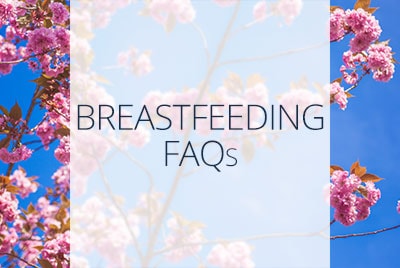Frequently Asked Questions about Breastfeeding answered by Los Angeles’s Best Obstetrician Dr. Thais Aliabadi
Are there any other questions you would like to see answered by us here? Please click here and let us know!
What are some reasons that breastfeeding is good for me?
- Breastfeeding burns as many as 500 extra calories each day, which may make it easier to lose the weight you gained during pregnancy.
- Women who breastfeed longer have lower rates of type 2 diabetes, high blood pressure, and heart disease.
- Women who breastfeed have lower rates of breast cancer and ovarian cancer.
- Breastfeeding releases oxytocin, a hormone that causes the uterus to contract. This helps the uterus return to its normal size more quickly and may decrease the amount of bleeding you have after giving birth.
How Does Breastfeeding Benefit My Baby?
Breastfeeding benefits your baby in the following ways:
- Breast milk has the right amount of fat, sugar, water, protein, and minerals needed for a baby’s growth and development. As your baby grows, your breast milk changes to adapt to the baby’s changing nutritional needs.
- Breast milk is easier to digest than formula.
- Breast milk contains antibodies that protect infants from ear infections, diarrhea, respiratory illnesses, and allergies.
- Breastfed infants have a lower risk of sudden infant death syndrome. Any amount of breastfeeding appears to help lower this risk.
- If your baby is born preterm, breast milk can help reduce the risk of many of the short-term and long-term health problems that preterm babies face, such as necrotizing enterocolitis or other infections.
How Long Should I Breastfeed My Baby?
It is recommended that babies exclusively breastfeed for the first 6 months of life. Exclusive breastfeeding means to feed your baby only breast milk and no other foods or liquids unless advised by the baby’s doctor.
Breastfeeding should continue as new foods are introduced through the baby’s first year. You can keep breastfeeding after the first year as long as you and your baby want to continue. You can use a breast pump to express milk at work to provide milk for your baby when you are separated. This also helps to keep up your supply while you are away from your baby.
When Can I Begin Breastfeeding?
Most healthy newborns are ready to breastfeed within the first hour after birth. Hold your baby directly against your bare skin (called “skin-to-skin” contact) right after birth. Placing your baby against your skin right after birth triggers reflexes that help your baby to attach or “latch on” to your breast.
How Do I Know My Baby Is Hungry?
When babies are hungry, they will nuzzle against your breast, suck on their hands, flex their fingers and arms, and clench their fists. Crying usually is a late sign of hunger. When babies are full, they relax their arms, legs, and hands and close their eyes.
How Do I Know My Baby Is Getting Enough Milk?

Your baby’s stomach is very small, and breast milk empties from a baby’s stomach faster than formula. For these reasons, you will typically breastfeed at least 8–12 times in 24 hours during the first weeks of your baby’s life. If it has been more than 4 hours since the last feeding, you may need to wake up your baby to feed.
Each nursing session typically lasts 10–45 minutes. Once your breast milk transitions from colostrum to mature milk, your baby will soak at least six diapers a day with urine and have at least three bowel movements a day. After 10 days, your baby will be back up to birth weight. Although breastfeeding works for most women, it may not work for everyone.
Who Can Help Me With Breastfeeding?
Peer Counselors
Such as those found with La Leche League and Women, Infants, and Children (WIC), are women who have experienced breastfeeding and can help with non-medical breastfeeding questions and support. Check with your obstetrician-gynecologist or other health care provider about resources available in your area.
Certified Lactation Counselors
They can teach you what you need to know to get started with breastfeeding, and international board-certified lactation consultants can help you navigate problems many women face while breastfeeding.
Hospital Nurses
Nurses can help you find a comfortable position for nursing in the days after delivery. Your infant’s pediatric care provider can help answer questions about infant nutrition and infant weight gain.
Obstetricians, Gynecologists, and other obstetric care providers
They discuss breastfeeding with you during pregnancy and can help you plan for a successful start to breastfeeding. They also can help in the hospital, at your postpartum visit, and beyond.


